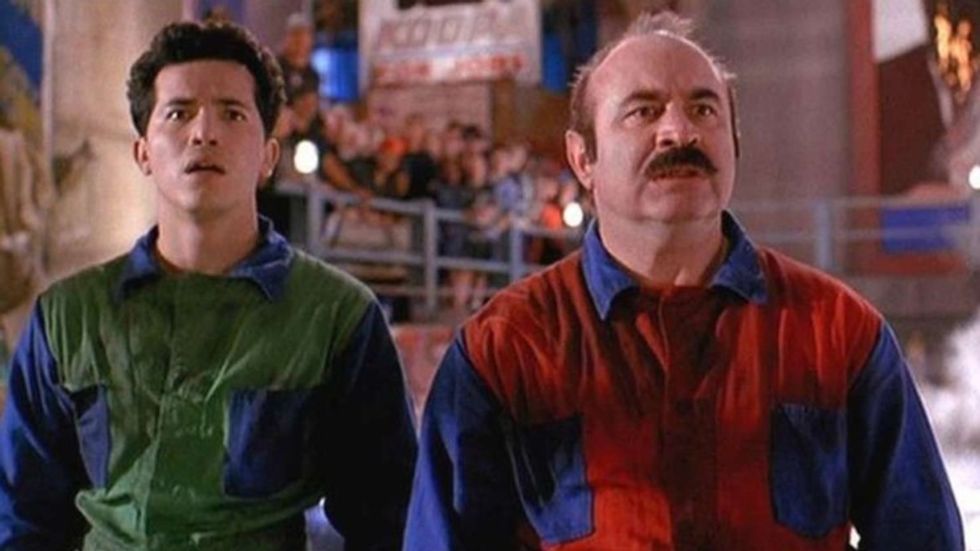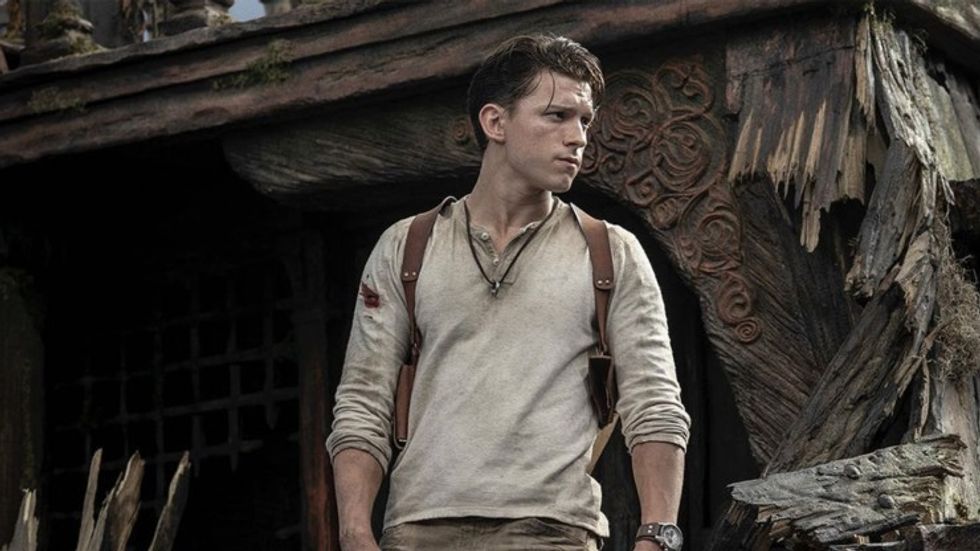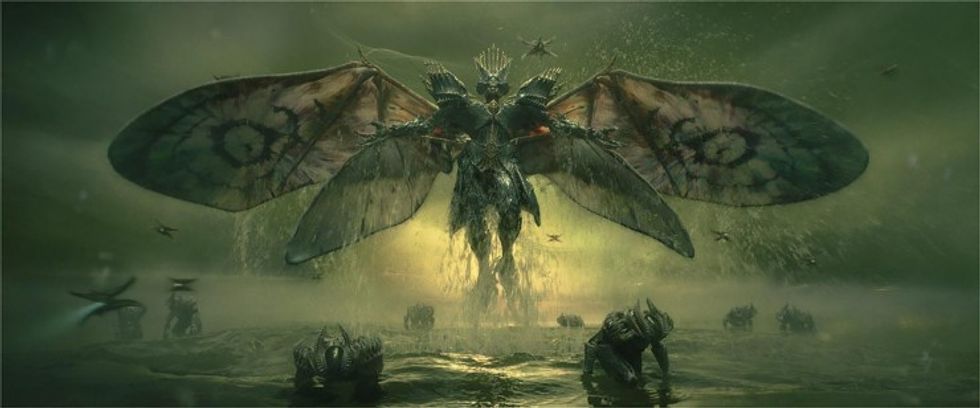Sony Acquires Bungie—Will Filmmakers Benefit as Much as Gamers?
After Microsoft’s huge purchase of Activision Blizzard, Sony also embraces retail therapy and announces it's acquiring Bungie, the brainchild of the Halo franchise.

And here’s why filmmakers should care.
It may seem like video games are just a niche medium for the nerdy and tech-savvy few, but it’s come a long way since the days of Atari and the Commodore 64.
Recently, Microsoft acquired Activision Blizzard for a whopping $68.7 billion, putting games like Call of Duty and the Warcraft franchise under their wing. Today, Sony announced a financially smaller yet just as monumental purchase with its acquisition of Bungie, the famed studio behind the Xbox-exclusive Halo video games.
So much has changed at these companies recently.
Steven Spielberg made Halo: The Series a thing, and Bungie has been focused on making Destiny, its new IP, a powerhouse in the gaming community. So far, they’re doing quite well.
So why should filmmakers and creatives care about Bungie’s new love affair with Sony? Why should we care about video games at all?

The Video Game Movie Curse
There have been many attempts to turn video games into TV shows and movies. Much like superheroes in the 90s, this has been met with terrible to mixed reviews at best. Who remembers Bob Hoskins and John Leguizamo playing Mario and Luigi?
Whatever magic Marvel discovered to become the foundation of summer blockbusters, video games failed consistently to find.
But the tides may be changing, and perhaps Marvel should get all the thanks. The Last of Us, a critically acclaimed video game, is getting a series penned by Chernobyl creator, Craig Mazin. Another video game franchise, Uncharted, is coming to theaters with Tom Holland in the lead.

It seems that the studio execs at the top are taking another stab at transitioning the billion-dollar gaming industry onto the big screen.
So what effect does Sony’s new purchase have on this transition?
Sony x Bungie
Photographers and cinematographers might think that Sony is just a camera company. Especially with how popular its FX and A-Series lineup has been.
Gamers might think Sony only dabbles in consoles and games.
Others still might only see Sony Entertainment as the brains behind movies like Venom and The Amazing Spider-Man.
They would all be right, but only partially. Sony has hands in many cookie jars, giving it the ability to create media in many different mediums.
This is why creatives should start paying attention. Sony isn’t just focusing on making one thing great, it wants to elevate creatives in all mediums.
NFS recently covered Sony’s collaboration with Epic Games to make dedicated equipment for virtual production. That's the format The Mandalorian used to shoot a majority of its sequences.
With Bungie under its wing, it’s safe to say that Sony will utilize its incredible resources to support not only the gaming developer but any IP it has. Much like Uncharted, we may see Destiny on the big screen. At least we hope.

The Bigger Picture
It might be a while before Sony expands Bungie beyond the limits of the video game genre, but viewers are already seeing another push to transition the gaming medium onto the big, or small, screen.
As creatives, this transition does more than just expand IP. Creatives are also crossing these boundaries. Video game technology is moving into the cinematic world with the Unreal Engine, while MoCap is making the transition in the opposite direction. Screenwriters are moving into the world of video games to create movie magic, while actors have found a home in both worlds.
In an industry that is notoriously difficult to get into, all creatives should welcome more opportunities to work in their medium. As the gaming field starts to benefit from its symbiotic relationship with movies and television shows, we’ll start seeing more rising tides lifting ships.
Source: The Verge













